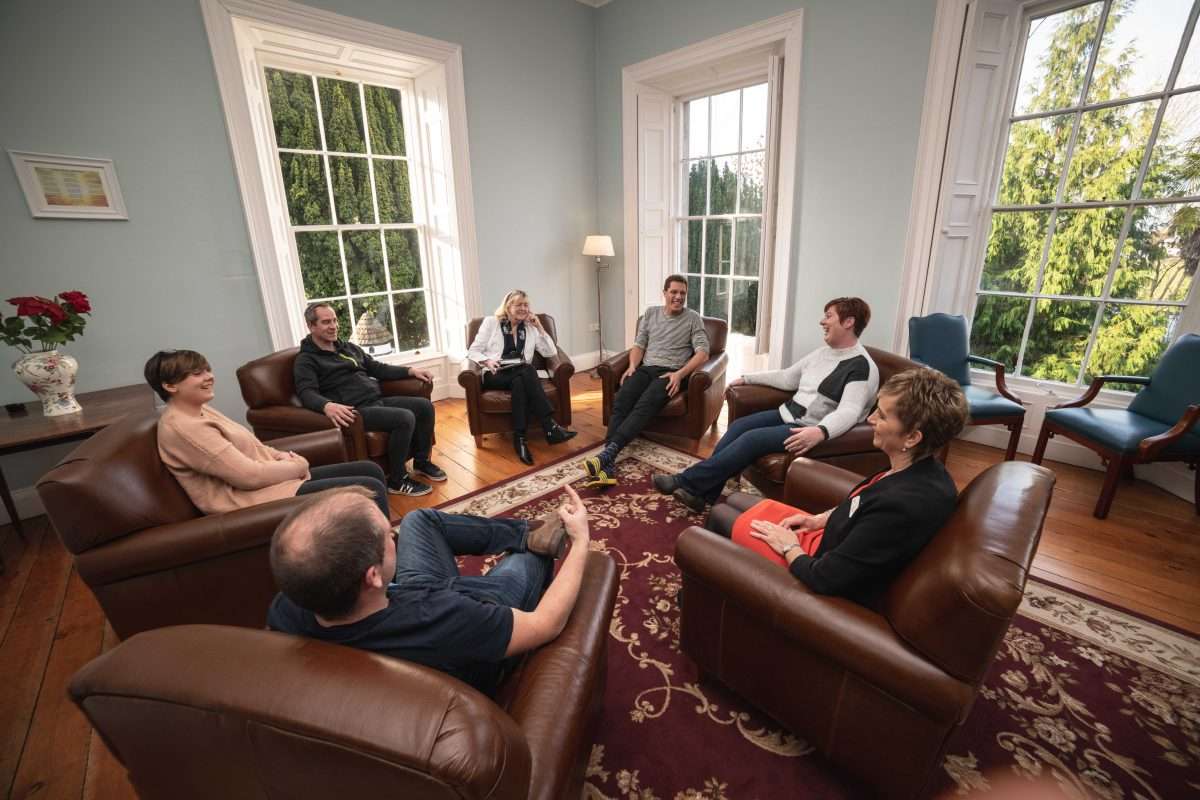
Rediscover Who You Are
Not Ready for Inpatient Treatment?
‘Denial’ is a symptom of addiction, and for many alcoholics and addicts, it is very hard to accept that they need help. Although their drug or alcohol use may have a devastating impact on their lives and those around them, they are generally the last person to accept the problems their addiction is causing. This page will outline some of the help available to those who don’t feel ready to enter residential rehab.If you are worried that you can’t control your drinking, drug use or gambling, we can provide addiction support and specialised medical assessment.
I Think I have a Problem with Addiction
If you are worried that you can’t control your drinking, drug use or gambling then this questionnaire might help you decide whether you should look for help.
Waiting for the problem to get worse before you seek help is not a good idea, addiction is a progressive disease that causes damage to the brain and impairs decision-making. We advise you to seek help at the earliest possible opportunity.

Reaching Out
Outpatient and Non-Residential Treatment Options
You can begin by attending Alcoholics Anonymous meetings or Narcotics Anonymous meetings; or approaching your GP regarding local community-based addiction treatment services as an outpatient. Your GP may also refer you to a counsellor or psychotherapist.
If you feel that neither of these options are for you, then residential rehab may well be the best option for you to detox your body, treat the underlying causes of the addiction with intensive therapy, regain your physical health, learn coping strategies and relapse prevention techniques, rebuild broken relationships, and enjoy the rest of your life without alcohol, drugs or gambling. Contact our team at Smarmore for admissions information.

Download our Brochure
For a Family Member who has a Problem with Drugs, Alcohol or Gambling:
Staging an Intervention
An intervention should not be viewed as single event, but rather a process of structured and planned actions taken by worried family members, friends or co-workers, with assistance from a professional intervention specialist. An interventionist may be a trained psychotherapist, nurse or doctor with additional interventionist training. Smarmore Castle does not provide intervention services, however we can provide the contact details of a recommended intervention specialist if this is a course of action you are considering. Contact us for more assistance.
The intervention professional will advise the addict’s loved ones and help facilitate an ‘intervention meeting’. In this setting, they are able to confront the person about their behaviour and discuss the situation, as well as advise them on treatment options. The desired outcome of this meeting is for the person to enter treatment for overcoming addiction as soon as possible. Without the help of a professional, an intervention could be handled poorly and have the unwanted effect of alienating an addicted family member. For this reason, it should only be carried out with the supervision of a specialist.
